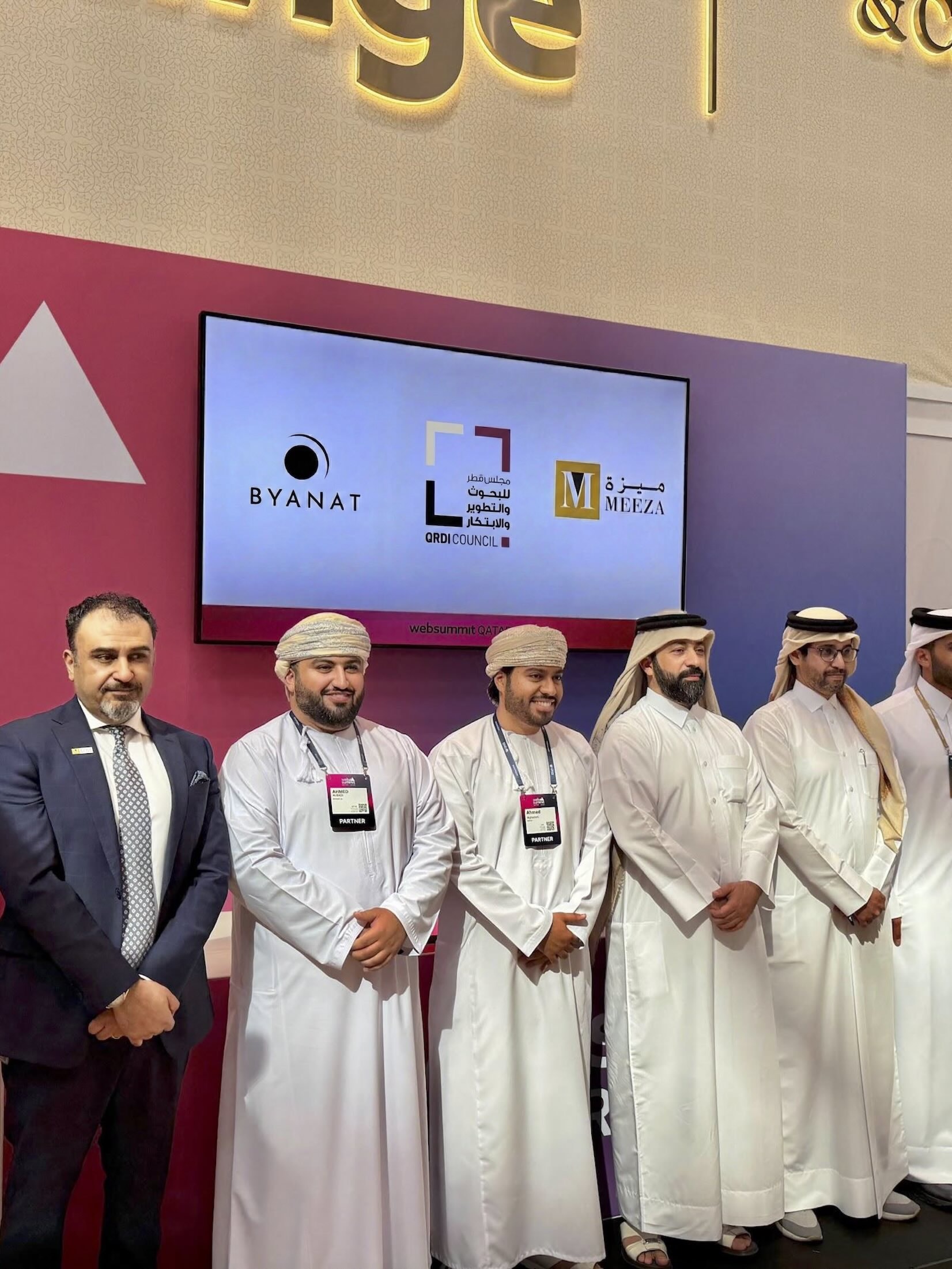
Our philosophy on engineering hiring
We are honest with you, as a talented engineer looking for a job in the technology industry, you might find yourself in a position to choose a company you want to be part of rather than the other way around. This also probably means you want to avoid wasting time with irrelevant hiring processes. We share these thoughts too, and we’ve created our process so that it provides us with a thorough skill assessment and gives you a transparent understanding of what your day to day life at Byanat could look like. Our philosophy is guided by four main principles to guide our hiring process. let's have a look...
We are honest with you, as a talented engineer looking for a job in the technology industry, you might find yourself in a position to choose a company you want to be part of rather than the other way around. This also probably means you want to avoid wasting time with irrelevant hiring processes.
We share these thoughts too, and we’ve created our process so that it provides us with a thorough skill assessment and gives you a transparent understanding of what your day to day life at Byanat could look like. Our philosophy is guided by four main principles to guide our hiring process.
Interviewing is for both of us
You will be interviewing us as we interview you. This is about finding a match between you and Byanat before anything else. We believe you should then get to know from the field as much as possible to understand if your expectations align with our direction, projects, the role, and Byanat’s culture.
From the first interview with our technology team until the final ones with technology leaders, you are encouraged to ask all of the question you many have. And the same applies for our tests and challenges. If you have fun doing at home on your own, then Byanat may be the right place for you.
Figuring why is very important
We believe that the ability to learn quickly, think logically, and solve problems is at the core of any engineering role. Our process always values critical reasoning over specific domain expertise. We do not expect people to know everything, but we expect that you can justify why you choose to something in a specific way. Building the most useful product for our users is what drives each of our decisions, and we look for that drive in your solutions to our tests.
It is not about individual technologies, it is about the technology
We reckon that the top talents are those who are capable of adjusting to the constantly changing technological landscape in which we operate. We are enthusiastic about development, and we always keep an eye on the latest trends. However, we always ensure we're not swayed by the hype, as constructing what’s suitable for our product, and ultimately our clients, is our primary concern.
Therefore, the interviews will involve a true conversation about computer science and analytics, we also strive to gain a clearer understanding of your development aptitude and your background, focusing on your logic, as outlined in the previous section. With this approach, it will never be solely about one technology. If you have already become proficient in a language, we trust that you will be capable of learning another in the future.
There is never a limit to learning
For Byanaters, learning is a crucial motivator. We're always intrigued by novelty, keen to consume information and share our knowledge with others. Whilst we cannot extend an offer to every person we interview, we do strive to ensure that the experience is positive and both parties gain something from it, be it a new perspective, method, solution, or something more personal.
We maintain that feedback is crucial to learning, so at each stage, we're dedicated to providing you with essential feedback to improve and comprehend the reasoning behind our choices. Whether you're hired or not, we send out a feedback form to gather feedback from all candidates and continually refine our processes.
Recruiting forms part of the duties of our development leaders, but they never cease coding even as they ascend to managerial roles. Ultimately, this entire process is about developers meeting other developers, trying to crack if they share the same views and if they could mutually benefit from working in the same team.


